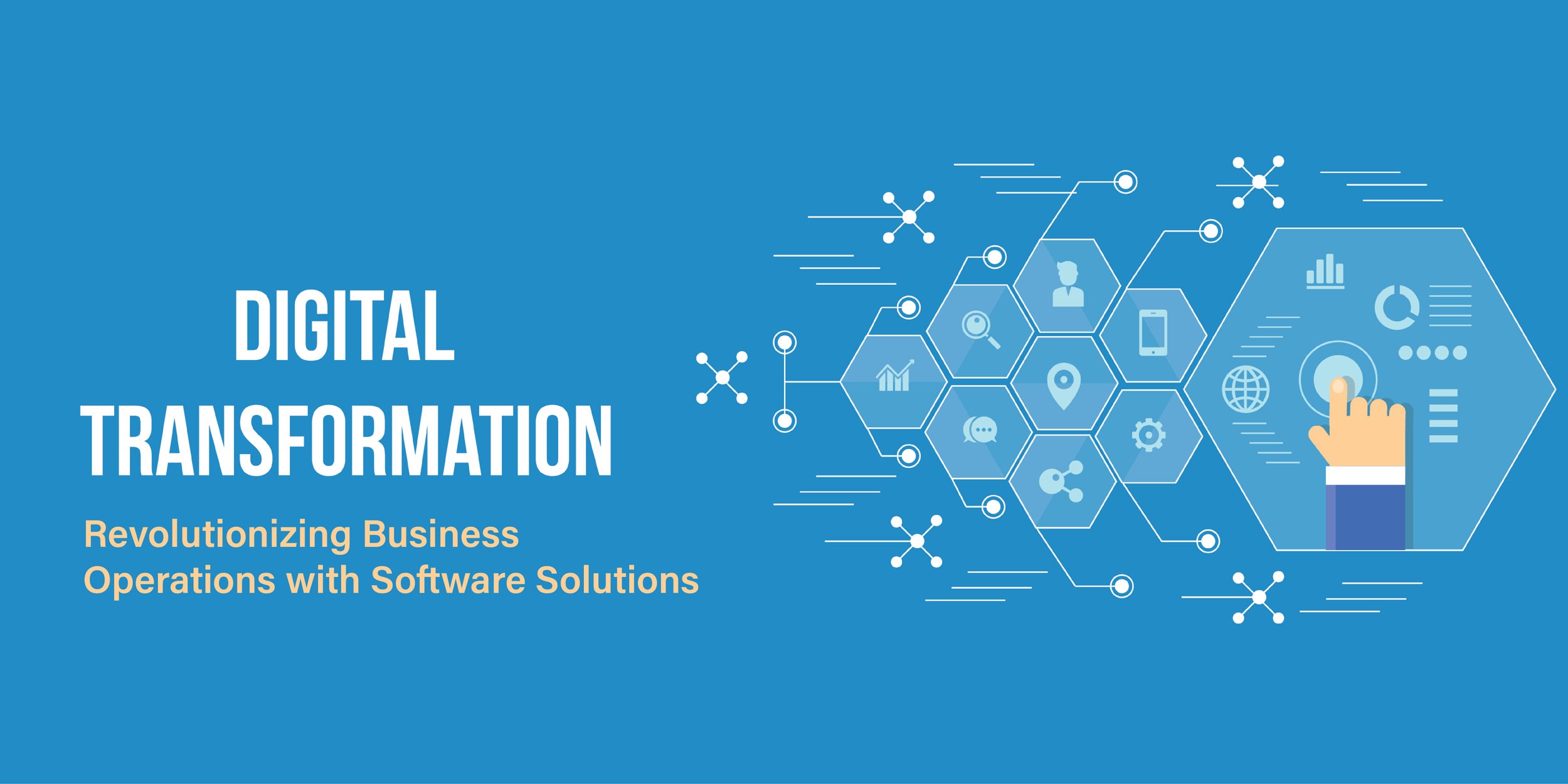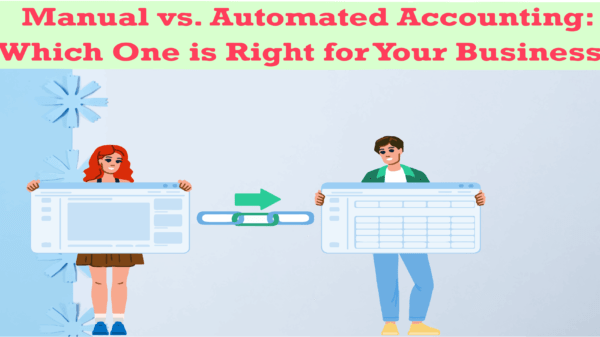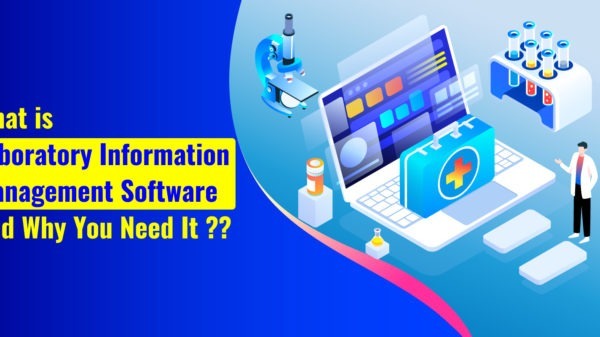In today’s rapidly evolving business landscape, digital transformation has emerged as a crucial strategy for organizations to stay competitive and drive growth. At the core of this transformation lies the integration of software solutions, which revolutionize various aspects of business operations. Let’s delve into the key benefits of digital transformation through software solutions.
Increased Operational Efficiency
Automation: Software solutions enable businesses to automate repetitive tasks, reducing manual errors and freeing up valuable human resources.
Streamlined Processes: Digital transformation optimizes workflows, eliminating bottlenecks and inefficiencies, resulting in smoother operations.
Enhanced Productivity: With software solutions, employees can focus on high-value tasks, leading to increased productivity and faster project completion.
Data-Driven Decision-Making
Real-Time Insights: Digital transformation empowers businesses to gather and analyze data in real-time, providing valuable insights into customer behavior, market trends, and operational performance.
Informed Strategies: With data-driven insights, organizations can make informed decisions, tailor their strategies to meet customer demands, and identify new growth opportunities.
Competitive Advantage: By leveraging data analytics, businesses gain a competitive edge by understanding market trends, and customer preferences, and anticipating future demands.
Improved Collaboration and Communication

Seamless Teamwork: Software solutions facilitate collaboration and communication within organizations, allowing teams to work together in real-time, irrespective of geographical barriers.
Centralized Platforms: Cloud-based software provides centralized platforms and project management tools, enabling efficient information sharing, task tracking, and streamlined collaboration.
Enhanced Innovation: Improved collaboration fosters creativity, knowledge sharing, and innovation, leading to the development of groundbreaking solutions and services.
Personalized Customer Experiences
Tailored Interactions: Software solutions enable businesses to deliver personalized experiences by leveraging customer data, allowing for customized recommendations, targeted marketing campaigns, and personalized customer support.
24/7 Accessibility: Digital transformation ensures businesses can provide round-the-clock customer support and engagement through chatbots, self-service portals, and mobile applications, enhancing customer satisfaction and loyalty.
Seamless Transactions: E-commerce platforms and mobile applications offer user-friendly interfaces, simplified payment processes, and quick checkouts, providing a frictionless customer experience.
Scalability and Adaptability

Flexible Infrastructure: Software solutions provide scalability, allowing businesses to expand their operations without the need for extensive infrastructure investments.
Agile Response: Digital transformation enables organizations to adapt quickly to market changes, customer preferences, and emerging trends, ensuring they stay ahead of the competition.
Future-Proofing: By embracing digital transformation, businesses can future-proof their operations, ensuring they can effectively navigate technological advancements and industry disruptions.
Conclusion
Digital transformation, driven by software solutions, is revolutionizing business operations across industries. With increased operational efficiency, data-driven decision-making, improved collaboration, personalized customer experiences, and scalability, organizations can gain a competitive advantage and thrive in the digital age. Embracing digital transformation is no longer an option but a necessity for businesses looking to stay relevant and succeed in today’s dynamic business industry.











